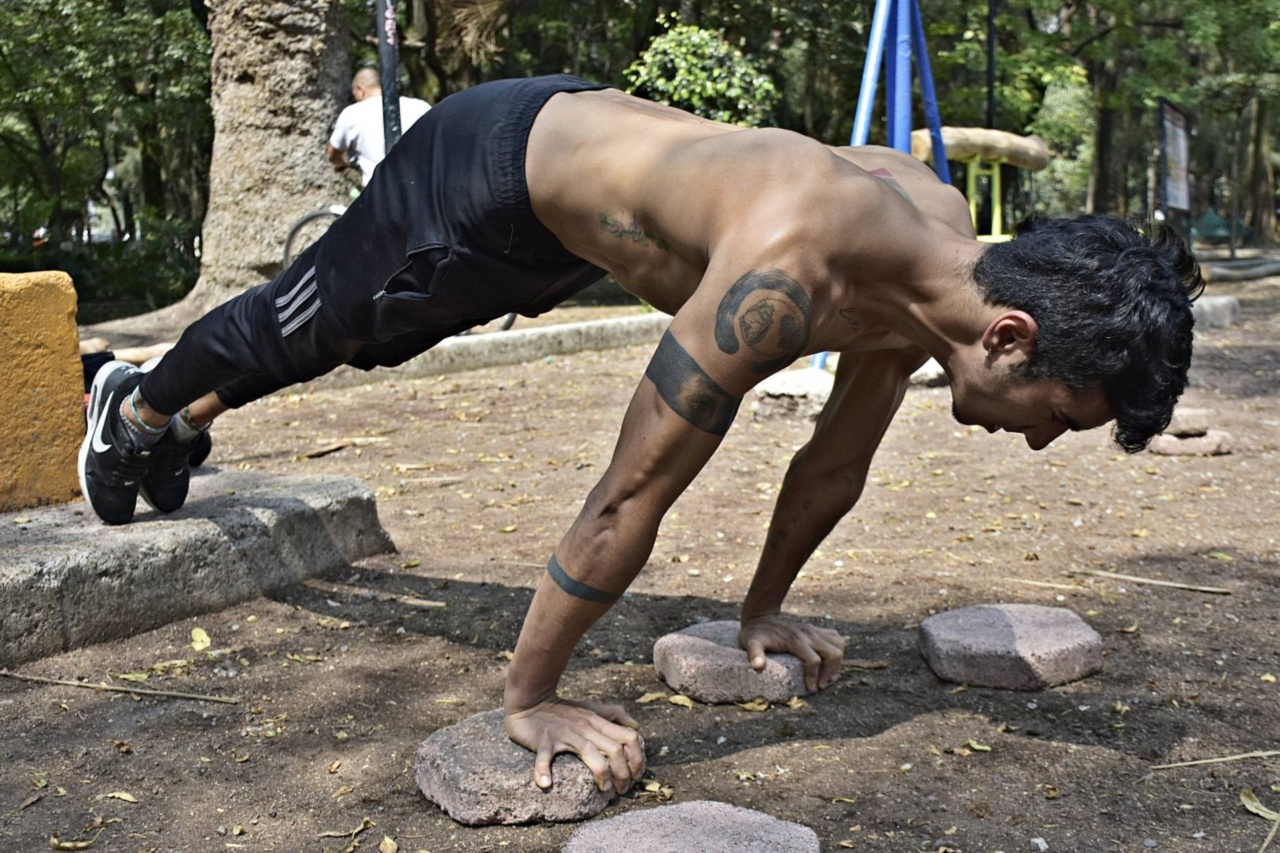If you’ve ever experienced the excruciating pain of a passing gallstone, then you know just how important it is to prevent them from forming in the first place.
The good news is that there are plenty of lifestyle changes you can make to avoid getting bile stones, and exercise is one of them. In this article, we’ll explore the relationship between exercise and bile stone prevention, and provide you with some tips on how to use physical activity to protect your body.
What are bile stones?
Biliary stones, or gallstones, are hardened deposits of digestive fluid that can form in your gallbladder or bile ducts. They affect millions of people worldwide, with up to 20% of adults developing them at some point in their life.
Although they can be asymptomatic, when bile stones get stuck in your bile ducts, it can cause severe pain, nausea, vomiting, and other complications that could lead to hospitalization and invasive procedures such as surgery.
What causes bile stones?
The causes of bile stones are complex and not fully understood by medical professionals, but some risk factors have been identified. These include:.
- Being female
- Being over 40
- Being overweight or obese
- Pregnancy
- Genetic predisposition
- Rapid weight loss or dieting
- Sedentary lifestyle
How does exercise prevent bile stones?
Regular exercise can help you prevent the formation of bile stones by reducing some of the risk factors associated with their development.
For starters, staying active helps you maintain a healthy weight, which is essential since obesity is a significant risk factor for developing gallstones. Being overweight or obese increases your cholesterol levels and puts extra pressure on your gallbladder, making it more prone to forming stones.
Additionally, physical activity helps regulate your metabolism, improves insulin sensitivity, and reduces the risk of developing type 2 diabetes—a factor that also contributes to the development of bile stones.
Some studies have also suggested that moderate-intensity exercise can help stimulate the digestive process and promote the secretion of bile, which may help prevent the formation of gallstones. However, more research is needed to confirm this theory.
What type of exercise is best for preventing bile stones?
When it comes to preventing bile stones, any form of physical activity can be beneficial. However, there are some types of exercises that are particularly effective at reducing the risk factors associated with their development.
1. Strength training
Strength training, also known as resistance training or weightlifting, can increase your muscle mass and boost your metabolism, making it easier for your body to regulate its energy balance and prevent weight gain.
It can also help improve insulin sensitivity and prevent the development of type 2 diabetes.
2. Cardiovascular exercise
Cardiovascular exercises, such as running, biking, swimming, or aerobics, can help you burn calories, boost your cardiovascular health, and improve your insulin sensitivity.
They can also help you manage stress, which is important since research has shown a link between stress and the formation of bile stones.
3. Stretching and mobility
Stretching and mobility exercises, such as yoga, Pilates, or tai chi, can help you improve your posture, flexibility, and reduce your risk of injury during other forms of exercise.
They can also help you manage stress and promote overall relaxation, which is important for preventing bile stones.
How much exercise do you need?
The amount of exercise you need to prevent bile stones depends on your fitness level, age, and overall health status.
However, the American Heart Association recommends at least 150 minutes of moderate-intensity exercise or 75 minutes of high-intensity exercise per week for adults. This can be divided into smaller segments throughout the week, making it easier to incorporate physical activity into your routine.
Foods to avoid to prevent bile stones
While exercise is essential for preventing bile stones, it’s not enough by itself. Your diet also plays a crucial role in managing your risk factors and preventing their formation.
Here are some foods you should avoid if you’re at risk of developing bile stones:.
- Foods high in cholesterol, such as fatty meats, fried foods, and full-fat dairy products
- Processed foods high in trans fats
- Highly refined carbohydrates, such as white bread, rice, pasta, and sugar-sweetened beverages
- Alcohol and sugary drinks
- Saturated and trans fats, found in junk food and fast food
When to see a doctor
If you’re experiencing symptoms such as severe abdominal pain, fever, nausea, vomiting, or jaundice, see a doctor immediately.
Gallstones can lead to serious complications, such as pancreatitis or cholecystitis, which require prompt medical attention.
Conclusion
Preventing bile stones is crucial for maintaining your overall health and wellbeing. Exercise can be a powerful tool in managing your risk factors and reducing your chances of developing gallstones.
Incorporate strength training, cardiovascular exercise, and stretching into your routine, and follow a healthy diet that’s low in cholesterol and saturated fats. By doing so, you’ll be taking the first steps in protecting yourself from the painful and potentially dangerous consequences of bile stones.





























